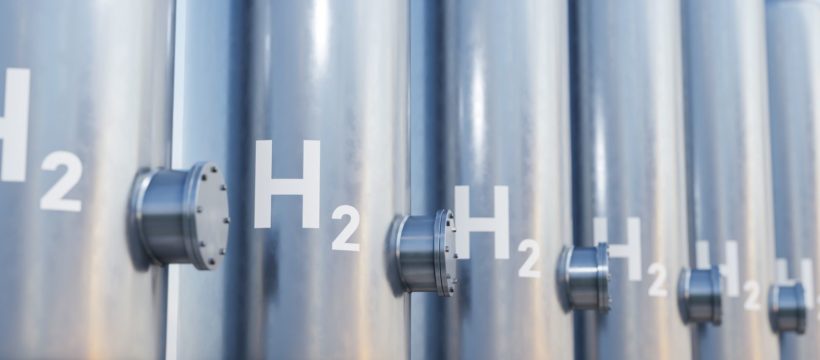Tractebel is supporting the development of a hydrogen strategy and action plan for the League of Arab States to mitigate the effects of climate change.
The Tractebel experts are analyzing the potential of hydrogen and its derivatives in the member countries of the League of Arab States. The specialists are identifying the requisite framework conditions and developing key aspects as a basis for a Pan-Arab hydrogen strategy and recommending an action plan to accelerate decarbonization across the region.
Within its project “Bilateral Energy Partnerships,” the BMWi Deutsche Gesellschaft für Internationale Zusammenarbeit (GIZ) GmbH has entrusted Tractebel given the proven hydrogen strategy development track record and the solid reputation of the experts. The analysis began in August 2021 and is expected to be completed in January 2022.
Study holds great potential for a Pan-Arab hydrogen strategy
The challenges inherent to a hydrogen strategy plan across the 22 countries of the League of Arab States are significant. The countries vary widely in terms of hydrogen preparedness: poorer countries that rely on oil and gas import vs. richer exporting countries, current internal conflicts, and availability of data. The study can underline opportunities for the Arab region within the context of a global hydrogen market.
Driving our purpose of engineering a carbon-neutral future
The goal of assessing the potential of green hydrogen and Power-to-X (PtX; the use of surplus energy in other sectors) is to help reduce carbon dioxide and other greenhouse gas emissions, promote local employment and to increase the diversification of the energy sector. While green hydrogen presents a sustainable alternative to fossil fuels, it also harbours various economic opportunities in some Arab countries.
Project Manager Dr. Atom Mirakyan elaborates: “With the ongoing addition of bilateral agreements on oil and gas exports to the EU and worldwide, several member states of the Arab League as a regional organisation rank among the highest CO2 emissions per capita in the world, while solar-and wind-based renewable energies in particular have a large potential. Green hydrogen will enable oil and gas producing countries to transform energy carrier exports and increase awareness in sustainable solutions. Additionally, the countries with high renewable energy potential without fossil fuel resources can profit from reduced fossil fuel imports and possibly green hydrogen / PtX exports.”

